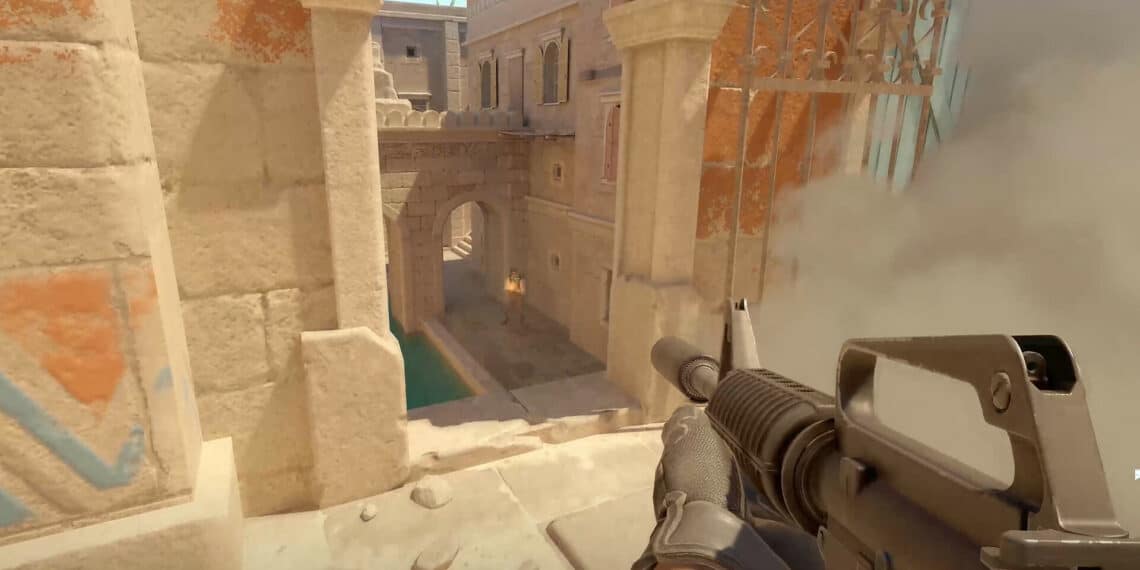Normally, the words ‘Counter-Strike’ and ‘controversy’ standing side by side may get gamers hyped. Yet, the latest scuffle has hit a sour note in the community. The coach of esports team V1dar Gaming, RuFire, got into hot water recently when he was found advising his team live during gameplay.
Summary
- User bdzr_ reveals that V1dar has been disqualified and OG has returned to the game.
- A comment from afk420k indicates some of the gaming community feel RuFire learned a tough lesson about streaming live.
- windtunnel1 shares a humorous anecdote about Olof mentioning the utility of a coach shortly before the news broke.
The Takedown
In this online arena, the rules are not always black-and-white. This was evident when V1dar Gaming team’s coach was caught giving live advice during a match, a deed deemed unfair by the majority.
Wider Implications
The repercussions echo far beyond this single incident. Some argue this opens up a debate on the role of a coach in esports. If traditional sports teams have sideline pep talks and face-to-face mentoring, should esports be any different? It’s a question that’s sparked a lively conversation.
Community Insight
Looking at the discussions spawned, it’s clear this event stirred the gaming community. While some deem it an unfair advantage, like q2_yogurt, others find this incident a learning curve for the gaming community.
Whatever the lens, it’s undeniable that this incident has challenged the essence of fair play in esports, adding another chapter to the ever-evolving saga of Counter-Strike.



